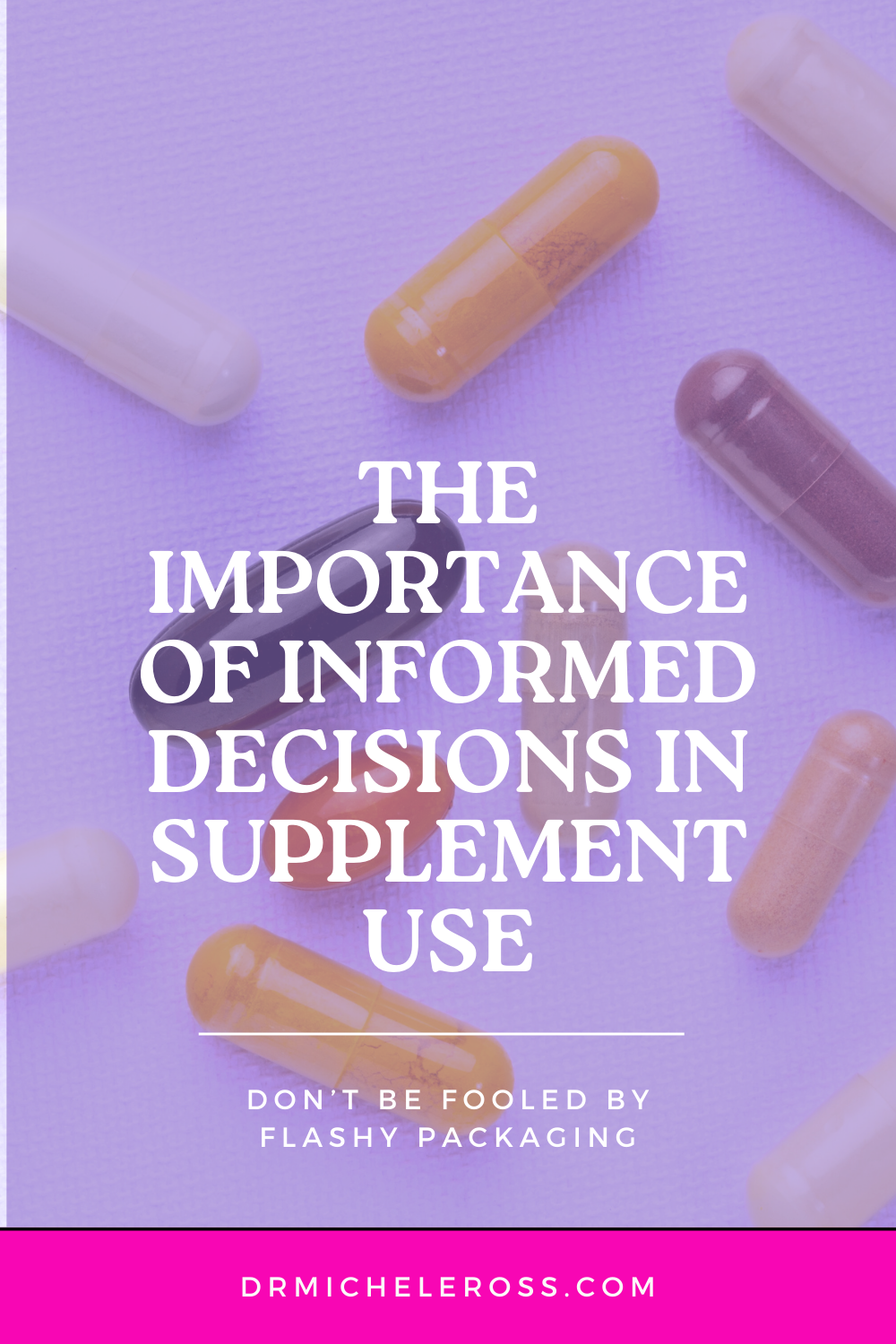
Today’s society is far more health-conscious than it was a couple of years ago. Nowadays, more and more people are learning about nutrition, dieting, and other detailed subjects that they probably didn’t pay attention to half a decade ago. But as a result of this increased awareness of one’s personal health, there’s been an influx of health products of questionable quality.
Marketing plays a massive role in the popularity and success of health products and, as a result, products can often misrepresent what their products can actually do. Due to this, people now have more individual responsibility when it comes to making decisions on supplement use.
Where informed decisions start
It’s important to understand that not every blog post or YouTube video you encounter is telling the truth. Due to the way marketing works, influencers can essentially be paid to say positive things about certain products so that they’ll sell better.
So instead of just getting your information from one or two influencers or writers, it’s important to go straight to the source. This can mean looking at life science research, talking to doctors and healthcare professionals, or reading papers that discuss various kinds of supplements. This can sound like a lot of work, but it’s a good investment of your time and effort to learn more about the mechanisms of supplements and what they can do for your body.
Luckily, there are plenty of influencers who still have morals, especially when it comes to recommending health products. Unfortunately, differentiating these from typical influencers is hard, and you’ll need to use your own judgment at the end of the day. But when in doubt or if someone appears too good to be true, always consult scientific research.
Recognizing that everyone’s body is different
Everyone’s body reacts differently to supplements. For some people, a supplement like magnesium can help with constipation or heartburn. However, it can also lead to side effects such as nausea or vomiting. These symptoms are common side effects in many different situations, so it’s hard to say if it’s caused by the magnesium or not.
At the end of the day, everyone’s body is a little different and will react in its own way to certain supplements. As such, it’s important to record what supplements you take, any noticeable effects after taking them for a period of time, and what brands work best for you.

Smart tips to navigate the world of supplements
The world of supplements can be overwhelming and difficult to navigate, especially given all the wild claims that manufacturers and influencers alike can make. So here’s how to make things easier:
- Ignore all of the marketing. Look at the ingredients and use that to determine if it’s the right supplement for you.
- Do your own research on side effects and read scientific literature to assess how effective the supplement is.
- Always go for reputable brands when possible.
- Seek advice from healthcare professionals when in doubt.
By following these simple tips, you’ll have a much easier time navigating the world of supplements and making informed decisions.
Pin This Post




